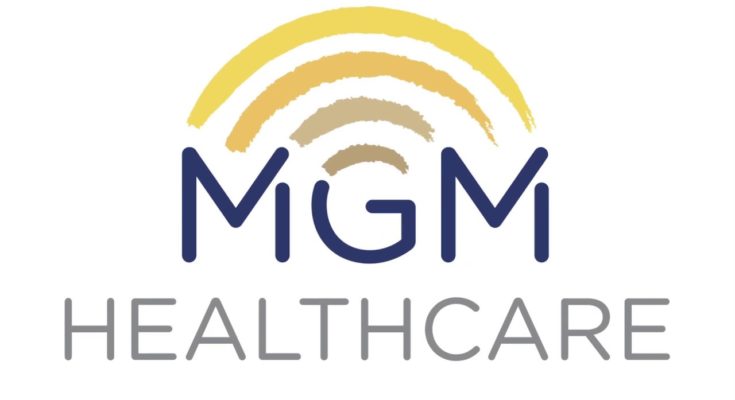World Brain Tumour Day is celebrated annually on June 8 across the world.
Brain tumours: Symptoms, Diagnosis, and Treatment
Authored By: Dr Nigel Peter Symss, Senior Consultant – Neurosurgery, Gleneagles Global Health City, Chennai.
World Brain Tumour Day is celebrated annually on June 8 across the world. The day is aimed at raising awar en ess about brain tumour to the public by educating them on the condition, including its signs and symptoms, ma nagement, and treatment, etc. The incidence of brain tumours in India ranges from 5 to 10 per 100,000 of the population. Brain tumours occur in both adults and children. Brain tumours can occur in both males and females but are more commonly seen in males.
A brain tumour is an abnormal mass of cells within the brain. Brain tumours can occur within the brain or can be located on the surface of the brain when they arise from the covering layers of the brain called meninges. There are two types of brain tumours, benign or non- cancerous tumours, and malignant or cancerous tumours. The common types of cancers that spread to the brain include breast, lung, colon, kidney, and skin cancer. Some of the more common tumours in children are medulloblastoma, pilocytic astrocytoma, and ependymoma to name a few.
Risk factors:
The cause of brain tumours is complex and has multifactorial risk factors. However, in most people, the risk fact ors that cause brain tumours are not clear. Lifestyle, dietary habits, and environmental exposure are among the many factors yet to be thoroughly evaluated. But some known factors may increase your risk of getting a brain tumour. These include exposure to some form of ionizing radiation, such as radiation therapy used to treat can cer. Also, a small portion of brain tumours occurs in people with a family history of brain tumours or a family hi story of genetic syndromes that increase the risk of brain tumours, such as neurofibromatosis
Symptoms:
The symptoms and signs of a brain tumour depend on the part of the brain which is affected. The first and comm onest symptom is headache, which may be severe and persistent, and associated with vomiting that relieves the headache. The other symptoms are seizures, weakness or one-sided paralysis of limbs, vision, hearing or speech impairments, and memory problems or behavioral changes. Difficulty with balance and frequent falls may also be present and such symptoms should not be ignore






